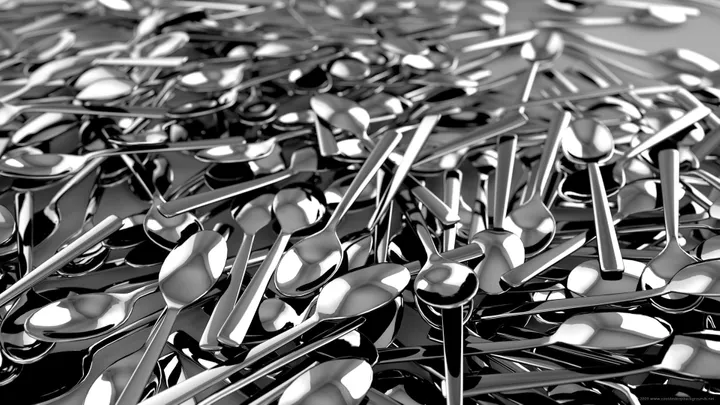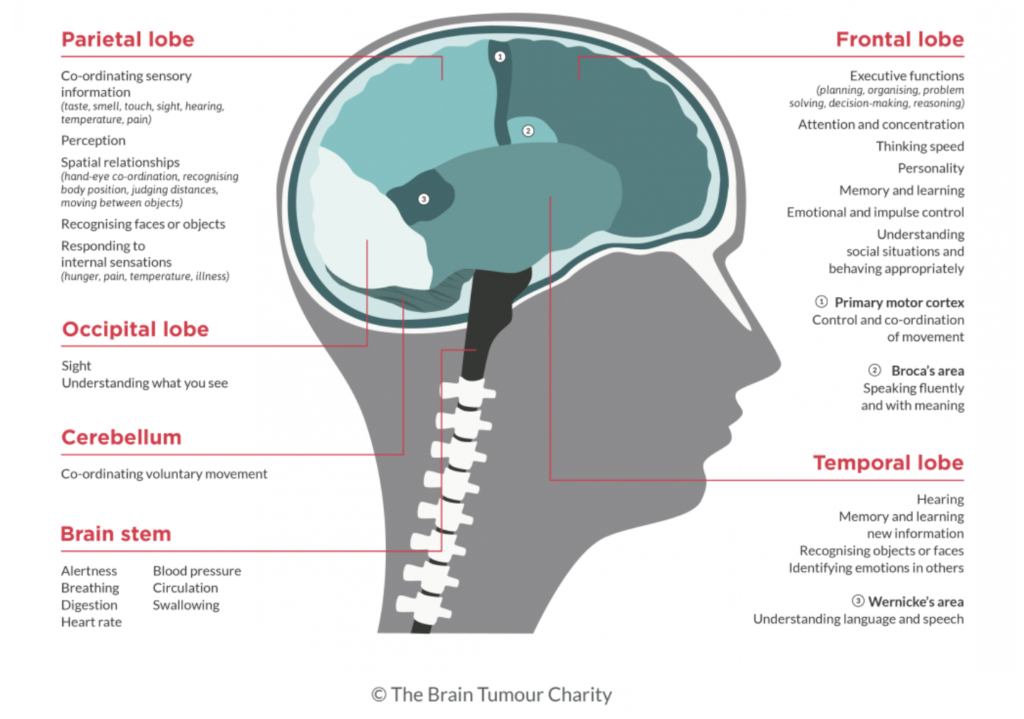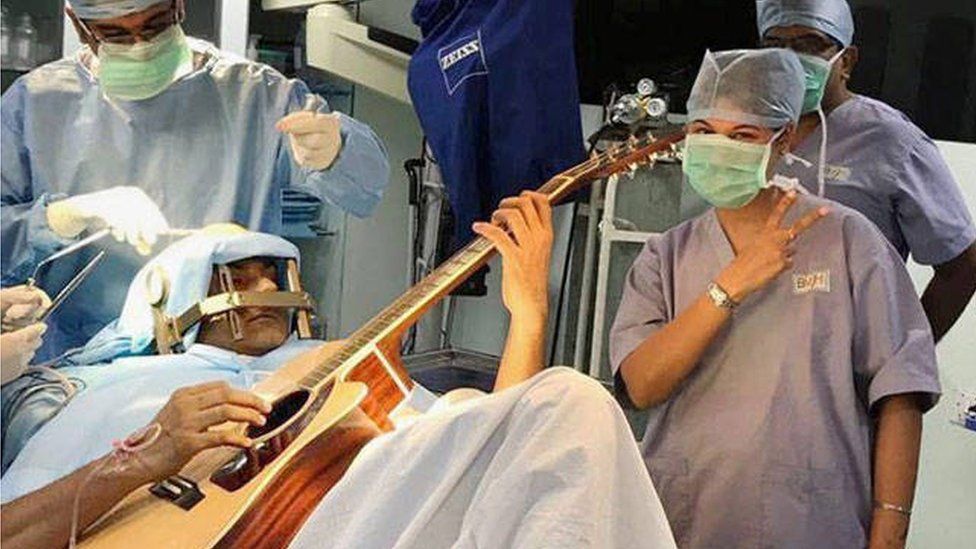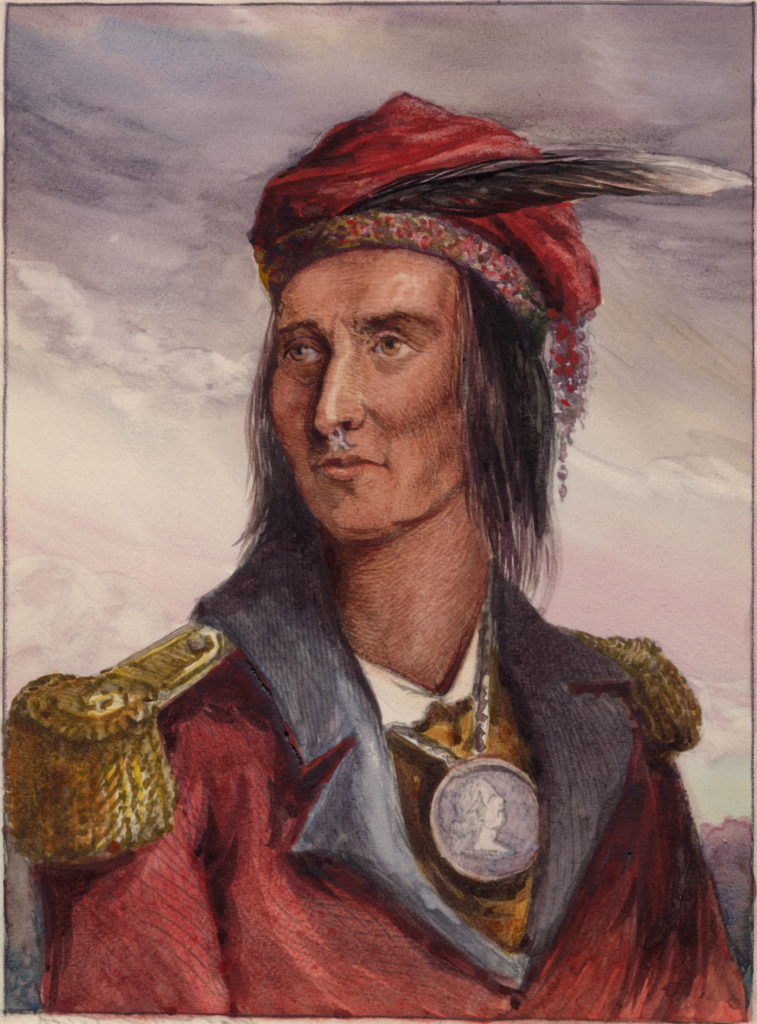Philosophy at the Pub
I was at the Broken Dock on Saturday, sitting at the big, communal table, the one that you have to share with strangers. On my left, there were two dudes about my age and they were arguing about philosophy. On my right, there was a married couple in their 30s trying to ignore the two dudes arguing and enjoy their Saturday afternoon out with no kids. I was trying to read my book but it’s hard to ignore two dudes arguing about stuff that I like to argue about so I tried to pretend not to listen.
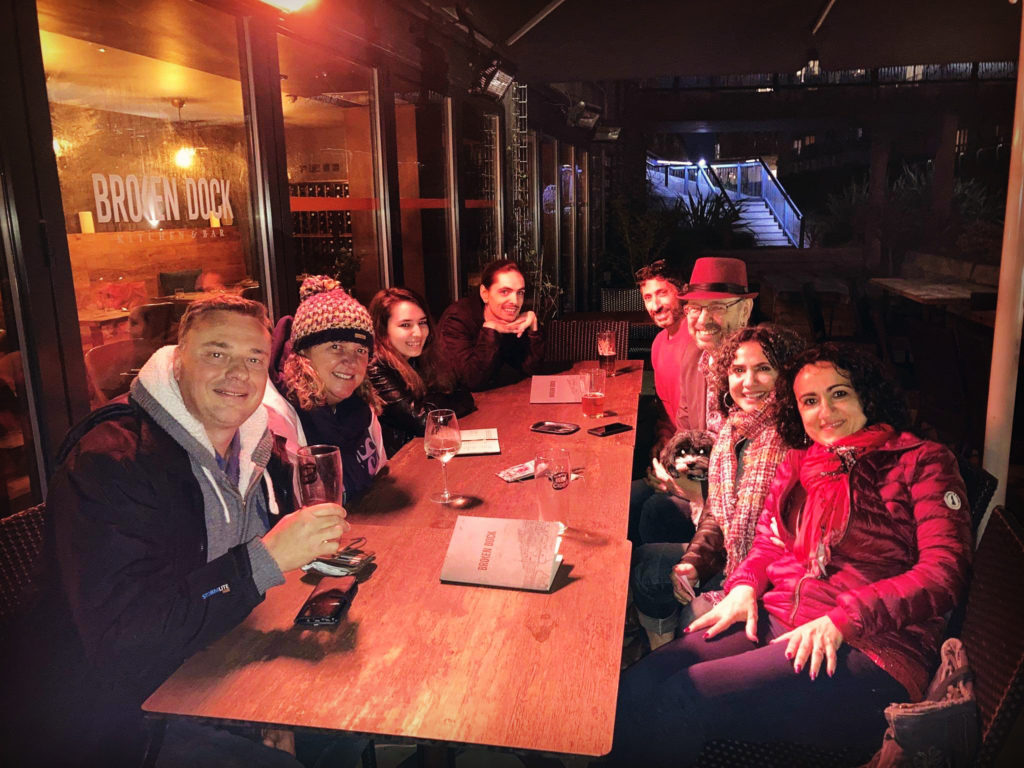
I learned later that the two dudes were old friends who see each other once a year to hang out and catch up and argue philosophy. They covered all the good topics. Is patriotism good for society? When does patriotism shade into nationalism? Is that bad? Should we encourage immigration from other cultures? One was arguing from what I will call the Daily Mail position while the other was more Guardian — though they were both smart dudes and able to address each other’s point of view intelligently and with charity and good nature.
At one point, Mr Daily Mail said something outrageous and I blew my cover by laughing out loud so they invited me to join them. Before long, Married Couple joined in too. It was a fun afternoon. Mr Daily Mail bought us all drinks and we solved many of the philosophical problems that have challenged philosophers down the ages. We were even able to classify all the lines of Alanis Morriset’s song according to whether or not they were actually ironic (Mr Afraid-To-Fly: yes; free ride when you are already there: no; rain on your wedding day: only if you are a meteorologist, don’t you think?). We also declared that the international unit of irony is the KiloSpoon.
With the irony problem solved, Mr Guardian announced a new topic.
“I’ve got one!” he said. “Imagine that you’ve just been told that you only have a short time left to live. What would you do with your time remaining?”
“Well,” I said.
“I’ve just been diagnosed with a brain tumour. It’s terminal. There is no cure but they can extend my survival time with surgery, chemo and radiation. I don’t know the tumour type yet but median survival ranges from a few months for a glioblastoma to a couple of years for an astrocytoma to about 7 or 8 years for an oligodendroglioma. I’m not dead yet so it’s probably not a glioblastoma. I just had another MRI and I should find out more next week. What should I do with my time remaining?”
I’ve been thinking about this a lot recently. Researching too. Of the dozens of papers that I have read, most say that surgery for a diffuse low-grade glioma (LGG) is controversial. The benefits are questionable, the recovery times are awful and the risks of brain damage are considerable. Still, the standard of care for an LGG is to have a craniotomy to remove the tumour and, depending on the molecular profile of the tumour, to follow that with radiation and chemotherapy. However, there are no (zero) studies that compare the outcome of surgery vs no surgery (similarly, there are no studies that compare the outcome of jumping out of a plane with a parachute vs no parachute — it would be unethical to do that study so we have to guess at the likely result).
I found several studies that compare survival times based on extent of resection (EOR). If they get 100% of the tumour, overall survival (OS) is X. If they only get 90%, OS is a bit less (and so on, for 80%, 70% etc). All these numbers vary according to the age of the patient, where the tumour is, how big it is, what the grade is and how long it has been there. LGGs are very rare anyway so the numbers involved in computing these stats are tiny and mine is the rarest tumour of all: there is only one of me.
So there seems to be a strong correlation between EOR and OS. But, hold on! Why would they only remove 90% of the tumour? Is it because that last 10% is in an important bit of brain? The bit that would kill you if they chopped it out? Maybe that apparent correlation is about where the tumour is rather than how much they are able to chop.
While we are talking about brain-chopping, how do they know which bits to chop? There’s a magical fluorescent dye that shows you which bits are tumour and which bits are healthy brain tissue. Unfortunately, it only works on high-grade tumours and we won’t know the grade until after surgery. And you thought brain surgery was easy!
There is a thing called a ‘needle biopsy’ where you can take a sample of the tumour to analyse its molecular profile without full-on surgery. But gliomas tend to be heterogeneous — different bits of the tumour will have different mutations — so needle biopsies are unreliable.
Most craniotomies are done ‘awake’ these days so the surgeon can talk to you while he chops. This allows him to prod a bit of brain and see what it does.
Hmmm…. This bit makes his right hand twitch. Let’s not chop that bit.”
They also give you little tests like:
“Count to ten for me.”
“One two gargle bloop sslllllpp”
“Ah. That’s the speaking bit. We won’t chop that bit either.”
That famous philosopher, Donald Rumsfield, might point out that there are limits to this technique. The surgeon can figure out the known unknowns but how does he know which bit has Dave Gilmour’s guitar solo from ‘Shine on you crazy diamond’?
Which bit knows the capital of Iceland or the colour of my true love’s hair? There are no stats about that in the scientific literature.
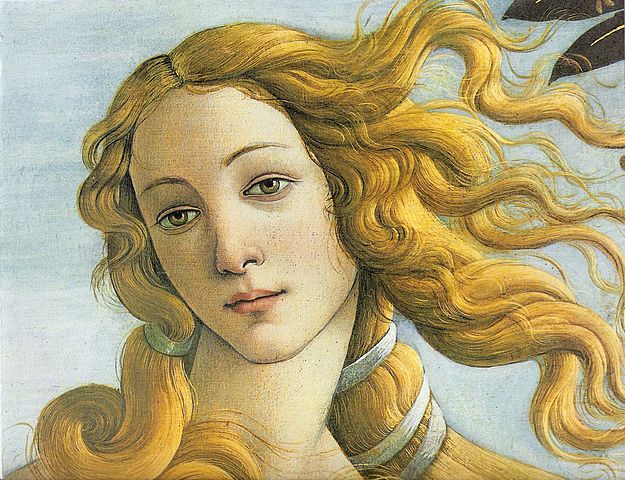
I’ve yet to meet anyone who has chosen to not have surgery for a glioma. The smarter members of Smart Patients might say that’s because they are all dead. My surgeon is definitely pro-surgery (he would be, wouldn’t he?) but I need a little more evidence before I decide whether it is right for me.
Whenever the topic of Steve Jobs comes up on Smart Patients some members get really angry that such a smart man would try to cure his cancer by drinking vegetable smoothies. Do they not wonder whether perhaps Steve Jobs knew exactly what he was doing and he knew that chemotherapy would not have cured his cancer either? And that vegetable smoothies are a lot more delicious than chemotherapy.
He will die one day. But so will everyone else.
I know one cancer patient who refused treatment and is now driving around America in a van having the time of his life. He insists that ‘You are not “refusing” you are “choosing.”‘
He is going to die one day. But so is everyone else.
What it all boils down to is that I am going to have to make a difficult decision with very little data. If surgery is gonna extend my life by 9 years, maybe it’s worth a shot. If it’s gonna extend it by 6 months and I am gonna spend 9 of those months recovering from surgery then, maybe not. And no one’s really got it figured out just yet.
Lilli sent me a poem yesterday. She said it reminded her of me (though Lilli doesn’t know me in real life). I’m honoured by the comparison.
So live your life that the fear of death can never enter your heart.
Trouble no one about their religion; respect others in their view,
and demand that they respect yours.
Love your life, perfect your life, beautify all things in your life.
Seek to make your life long and its purpose in the service of your people.Prepare a noble death song for the day when you go over the great divide.
Always give a word or a sign of salute when meeting or passing a friend,
even a stranger, when in a lonely place.
Show respect to all people and grovel to none.
When you arise in the morning give thanks for the food and for the joy of living.
If you see no reason for giving thanks, the fault lies only in yourself.
Abuse no one and no thing,
for abuse turns the wise ones to fools and robs the spirit of its vision.When it comes your time to die,
Chief Tecumseh (1768-1813)
be not like those whose hearts are filled with the fear of death,
so that when their time comes they weep and pray for a little more time
to live their lives over again in a different way.
Sing your death song and die like a hero going home.
Chief Tecumseh (translated as “shooting star” or “blazing comet”), led the Shawnee tribe and saw his people’s lands, culture, and freedoms threatened by the aggressive white settlements. I wonder if we are related.
PS. Nick & Duncan — my two dudes from the pub — if you are passing by, please leave me a comment. I’d love to hear from you!

